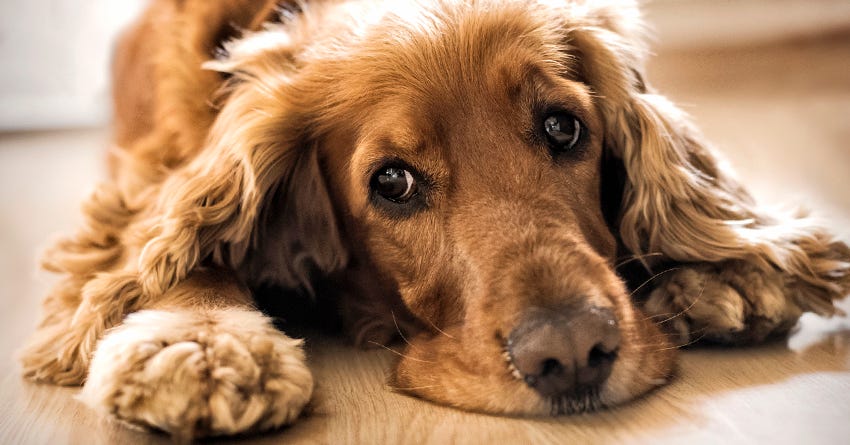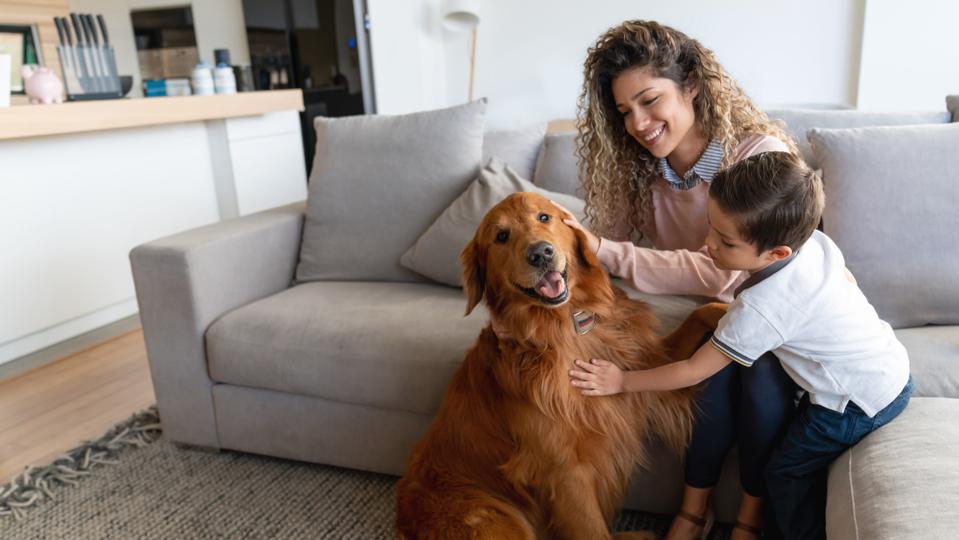Quick search
CTRL+K
Quick search
CTRL+K
Billy Morgan
House-training a dog is a milestone in pet ownership that brings a sense of relief and accomplishment. However, even the best-trained dogs can have occasional accidents. These unexpected incidents can be frustrating and concerning, but understanding the reasons behind them and knowing how to manage them effectively can help both you and your furry friend maintain a happy, healthy home environment.
Before addressing how to manage accidents, it’s essential to understand why they happen. Here are some common reasons:
How you respond to an accident can impact your dog’s future behavior. Here’s what to do:


Read Also: The Ultimate Guide to Feeding Different Types of Pets
Managing your house-trained dog’s unexpected accidents requires understanding, patience, and a proactive approach. By identifying the root cause and implementing consistent strategies, you can help your dog regain their good habits and maintain a clean home. Remember, accidents happen, and with the right approach, they can be minimized and managed effectively. Always prioritize your dog’s health and well-being, and don’t hesitate to seek professional help if needed.
© All rights reserved. Made in Canada